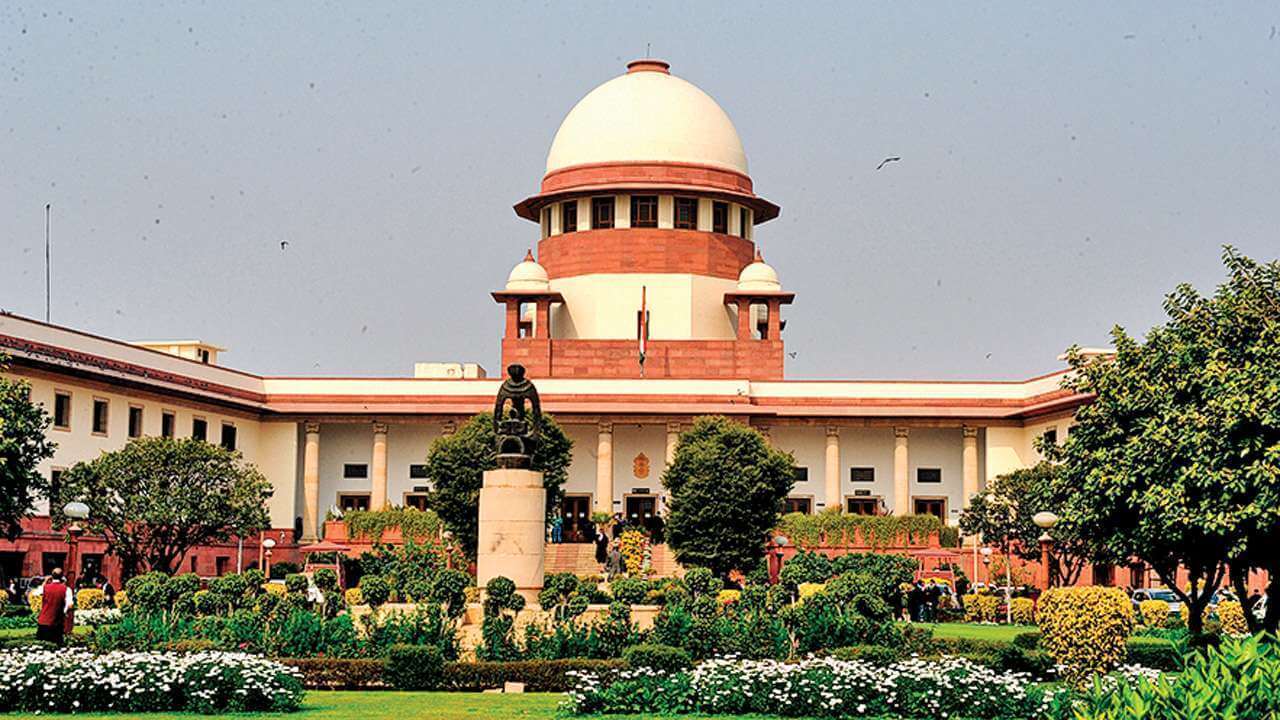Last week, I congratulated the Supreme Court in the Mohammed Zubair case for castigating police misuse of procedures to penalise free speech. Alas, its verdict upholding the Prevention of Money Laundering Act (PMLA) will encourage the very harassment it had criticised a week earlier.
“Bail is a rule, jail is an exception” is a fundamental legal doctrine. But the PMLA verdict makes jail the rule and bail the exception. “Innocent till proven guilty” is a basic tenet of justice, but the PMLA puts the burden of proof on the accused, who is viewed guilty till proved innocent.
The PMLA was first introduced in 2002 and amended several times. It provided that a judge should grant bail only if convinced that the accused would probably be exonerated. This not only reversed the burden of proof on the accused but implicitly asked the judge for a summary verdict without trial.
An earlier version of PMLA was quashed by the Supreme Court in 2017 as unconstitutional. However, the government amended and passed the law again. This time, the Supreme Court has upheld the draconian bail conditions.
Money laundering has undoubtedly been used by terrorists, drug lords, human traffickers and other odious criminals. To check them, the PMLA seeks sweeping powers. The court has found the rationale valid and so abandoned “bail is the rule”.
This would be understandable if the court simultaneously laid down strict rules to ensure that this law was used only against terrorists, drug lords and other well-defined monsters. That is not the case. So, the law can be used to harass and jail people on flimsy grounds. It can be misused for vendetta.
Academic Pratap Bhanu Mehta says the law is so vague that “what counts as money laundering crimes include everything in the kitchen sink”. The accused do not even have to be informed of the kitchen sink”. The accused do not even have to be informed of the precise charges against them. They can be held for having the “proceeds of crime” without showing how this is linked to a crime, which could encourage the planting of evidence. The accused are supposed to convince the judge of their innocence without precise knowledge of the charges or evidence.
The actual conviction rate in PMLA cases has been abysmally low. The fact that the grounds so often do not hold up in court — but in the meantime, the accused may have spent weeks, even months, in jail — lends credence to the criticism that “the process has become the punishment.”
In one case, Amnesty International India Pvt (AIIPL) has been charged with money laundering. AIIPL, a non-profit company fighting for human rights, got funds from the British headquarters of Amnesty. When the National Democratic Alliance (NDA) headed by the BJP came to office, it objected to AIIPL’s work and banned it from getting foreign donations under the Foreign Contribution Regulation Act.
So, AIIPL formed a separate for-profit company, which received payment from the British entity for reports submitted. The government says Amnesty has broken the law by evading the FCRA ban. Amnesty claims the two-company model is common globally. Even if Amnesty is found guilty, can this possibly be called the sort of activity that the Supreme Court has deemed worthy of such measures as reversing the burden of proof.
Opposition parties are poorly placed to occupy the high moral ground since almost all laws with draconian provisions were enacted or used by non-NDA governments — especially Congress governments — since Independence. The sanctity of free speech and “bail is the rule” has been dented so often by legally sanctioned exceptions that the exceptions have ceased to be exceptional.
The NDA too has weaponised these laws. Cases under the Foreign Exchange Management Act (FEMA) and PMLA rose 187% in the first three years of the NDA’s second term compared to the first three years of its first term. Cases under PMLA increased more than fivefold. It remains to be seen what proportion of them result in conviction.
One major outcome of increased cases is that it could encourage increased defection of Opposition legislators to the ruling party with many possibly preferring the perks that come with it to the travails of a long investigation and trial.
The Supreme Court could have resisted this steady increase in the use of draconian laws. Instead, it has sanctioned their increasing use of these laws even while delivering periodic homilies on the need for free speech, dissent and bail. Its rhetoric is oddly detached from its actions.
The Supreme Court has historically been viewed as the chief protector of dissent. That should stay the case. India needs more verdicts of the Zubair sort and less of the PMLA sort.
This article was originally published in The Times of India on August 6, 2022.


